We rely on our phones for most things, from communication and entertainment to work and shopping. It has become almost natural for us to pick up a phone for any task at hand, which can make us forget just how much personal information and trust we put into these devices. If we want to continue enjoying the benefits of our phones without serious repercussions, it should be one of our priorities to protect them from prying eyes as much as possible.
This woman learned her lesson after she left her phone behind at a friend’s house, where her buddy’s husband snooped through it, looking for who-knows-what. After realizing this had taken place, she confronted the couple about it, but none of them wanted to own up to it.
With so much personal information on our phones, we should be used to protecting it from prying eyes
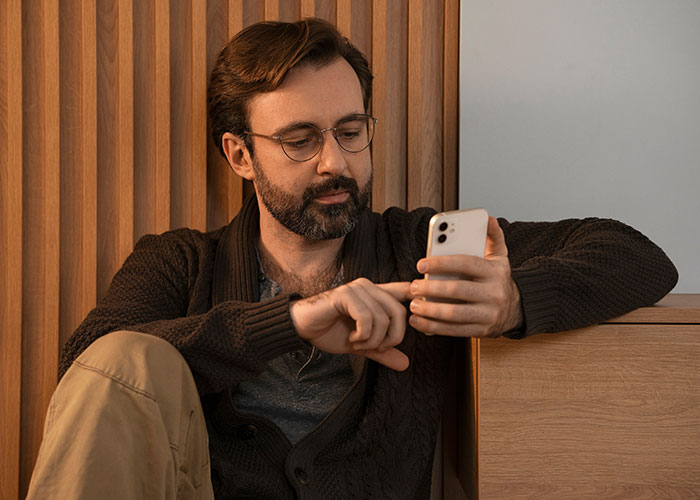
Image credits: freepik (not the actual photo)
But this woman thought she could trust her friends and left her phone at their home, where it was unfortunately spied on



Image credits: freepik (not the actual photo)

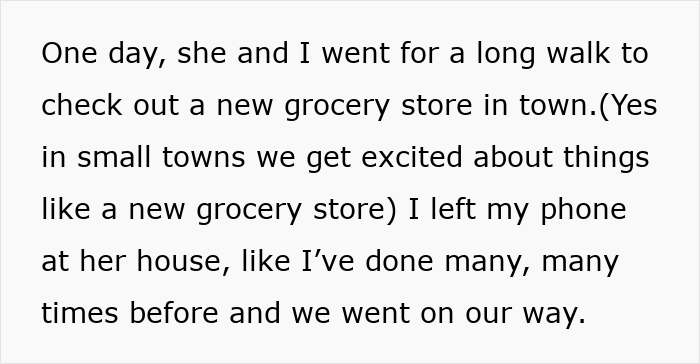
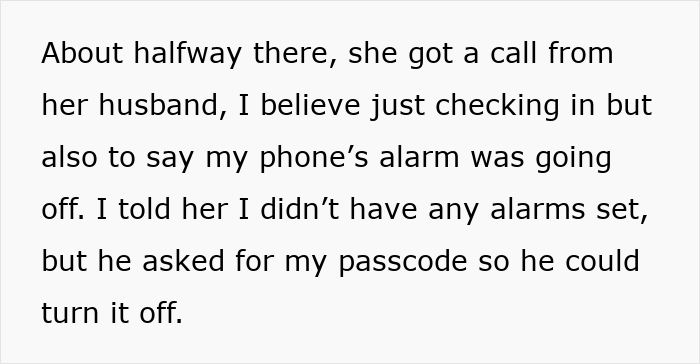
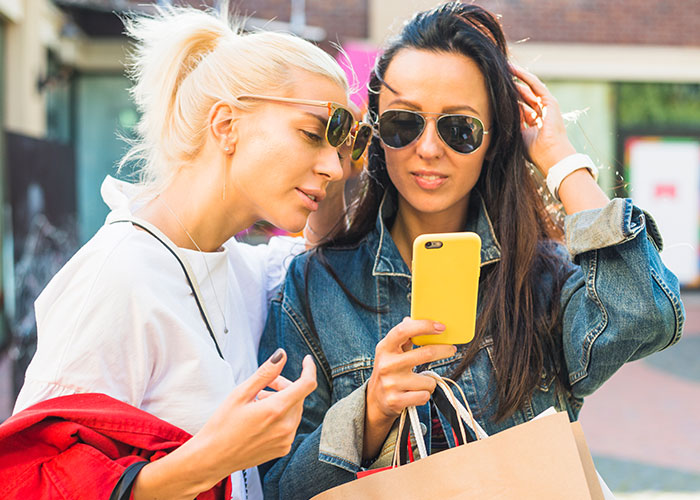
Image credits: freepik (not the actual photo)
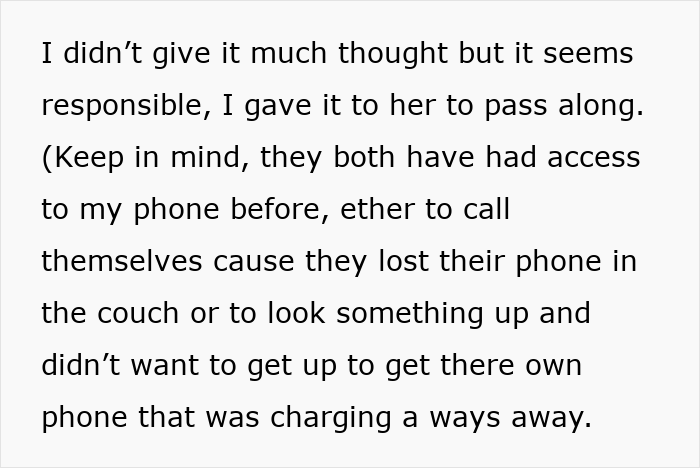

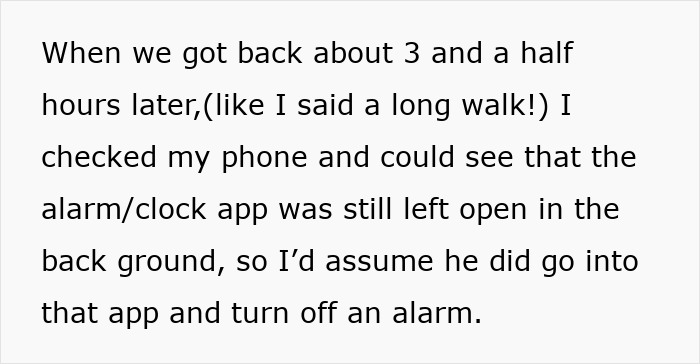
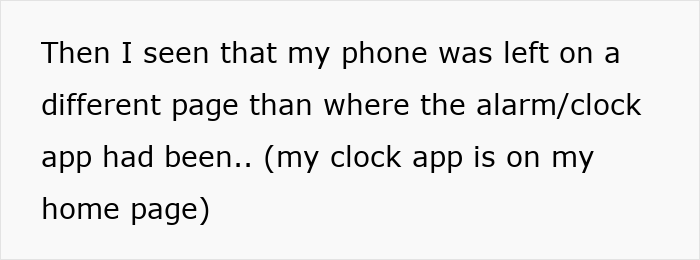
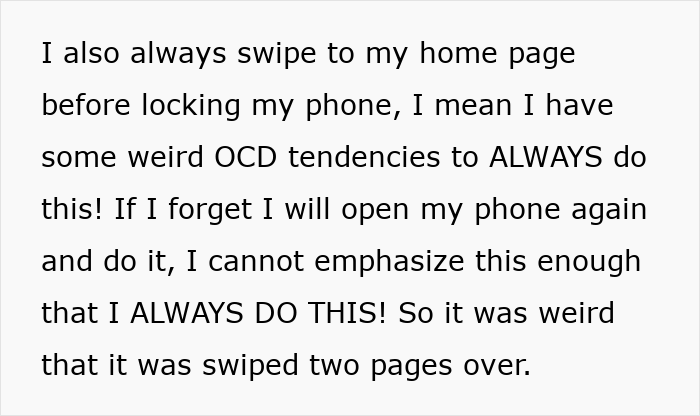
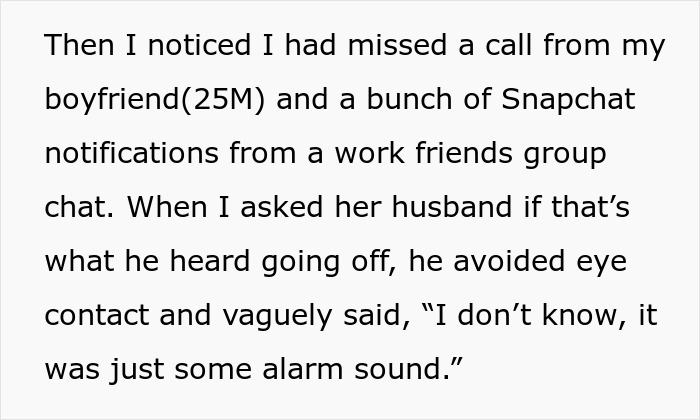

Image credits: namii9 / freepik (not the actual photo)

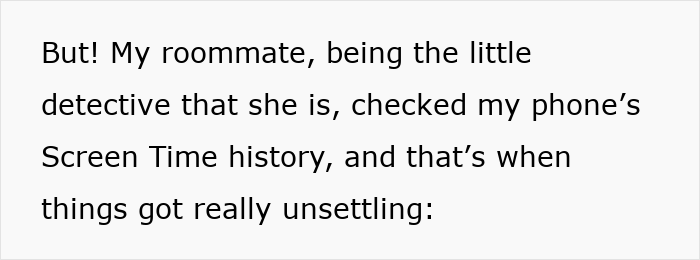
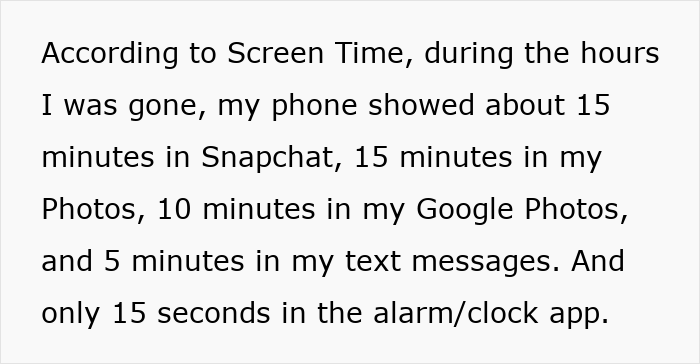
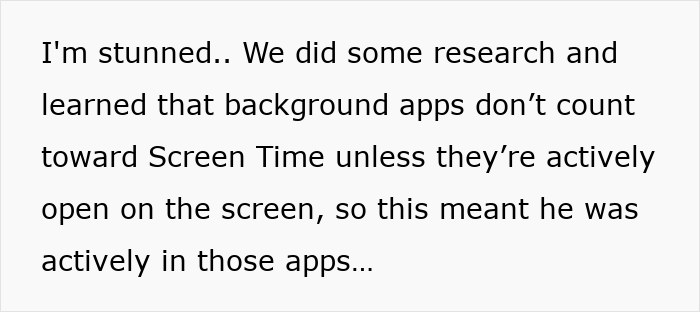

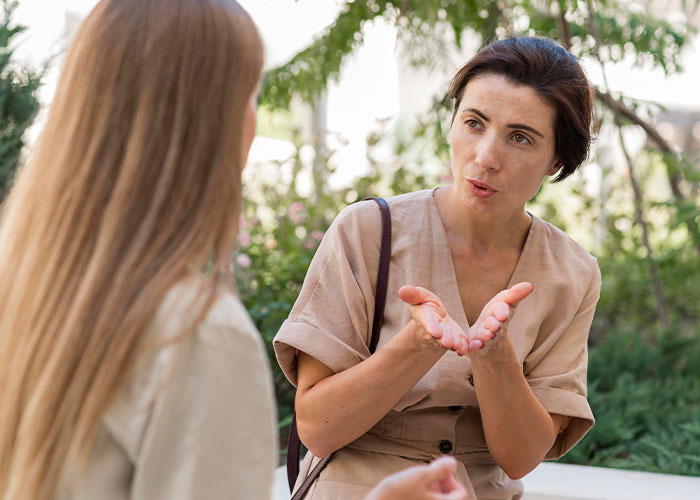
Image credits: freepik (not the actual photo)
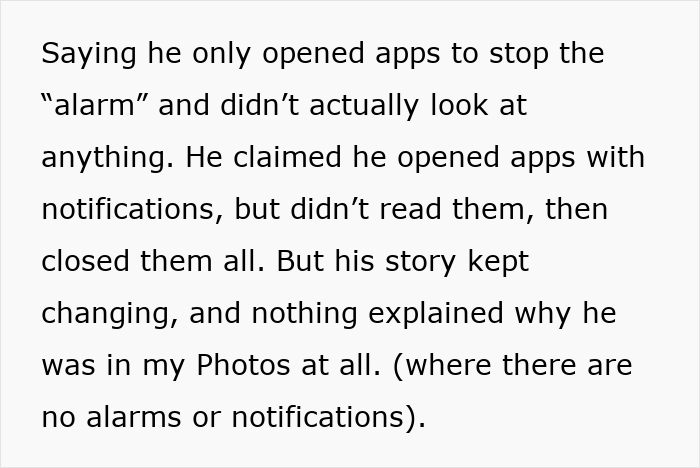
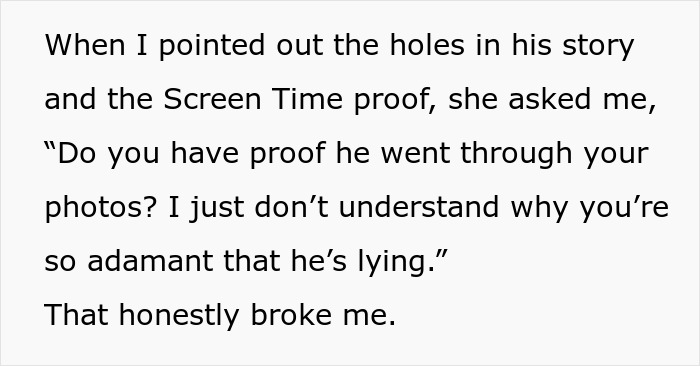

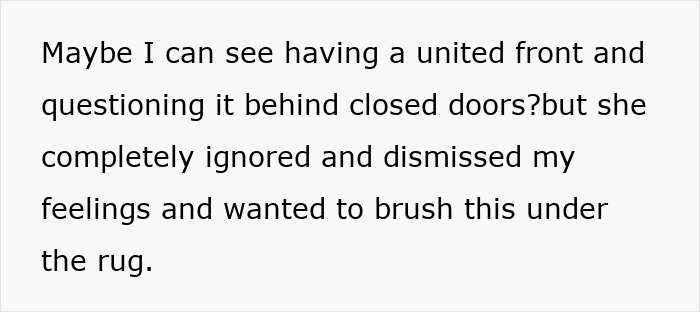


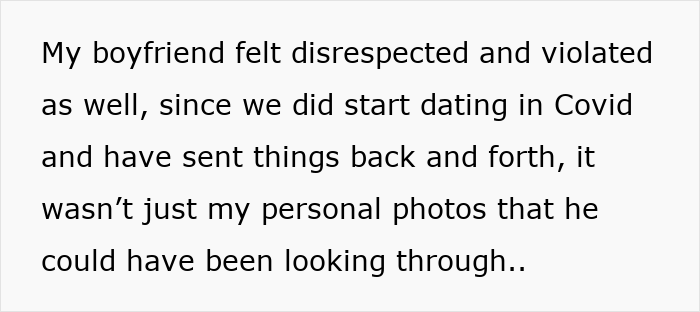
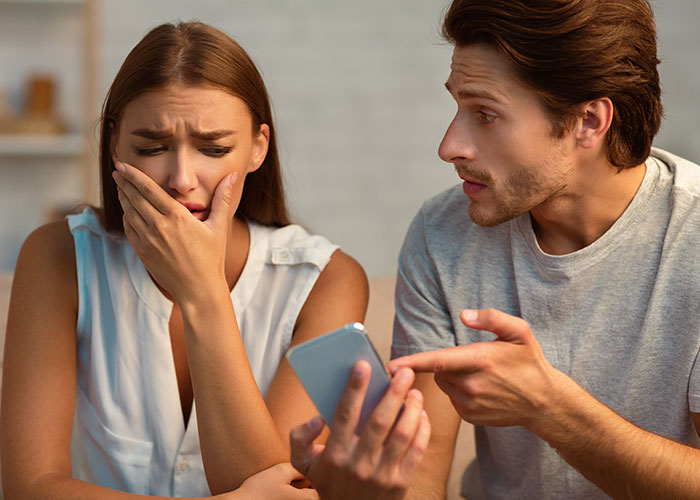
Image credits: EmilyStock / freepik (not the actual photo)
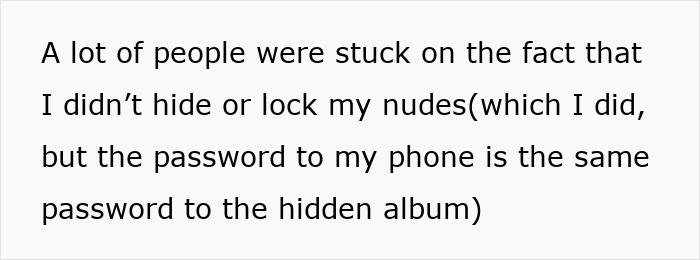
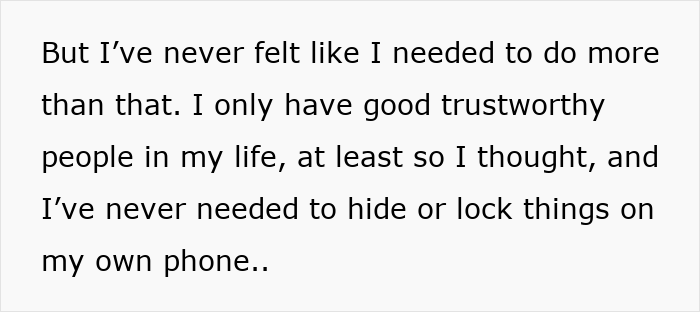
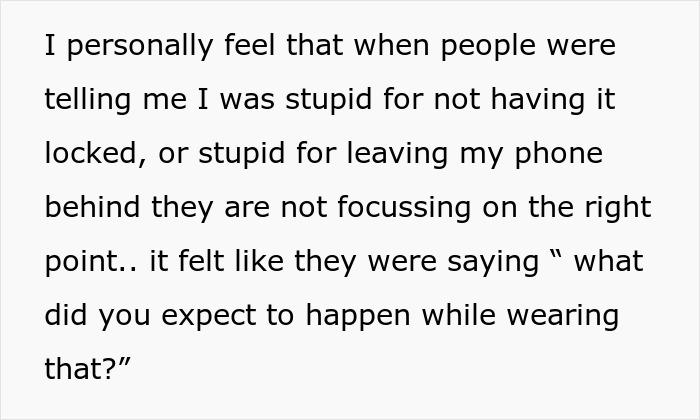
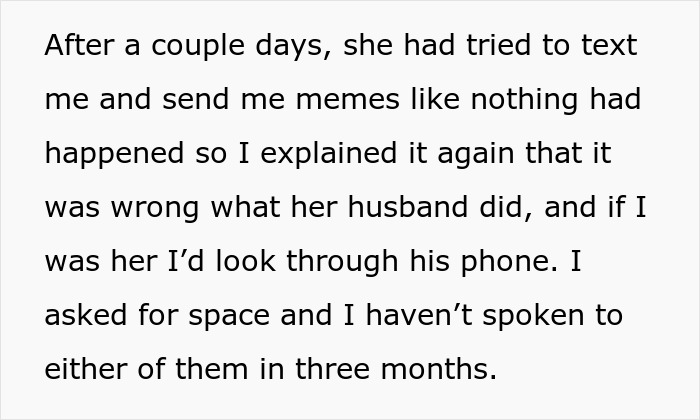
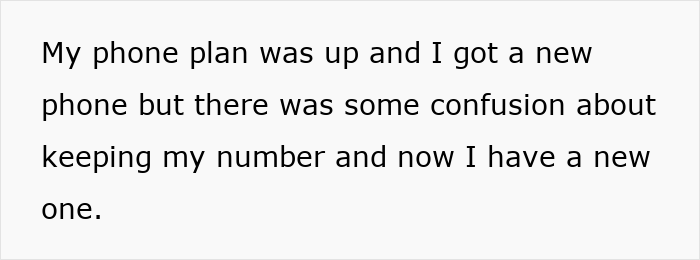


Image credits: freepik (not the actual photo)
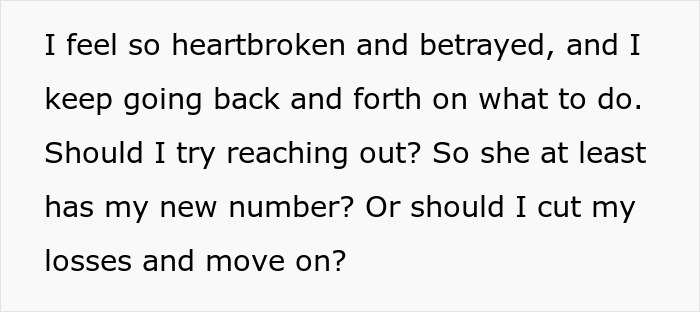
Image credits: regina_phalange77
It’s advised to share your phone with limits
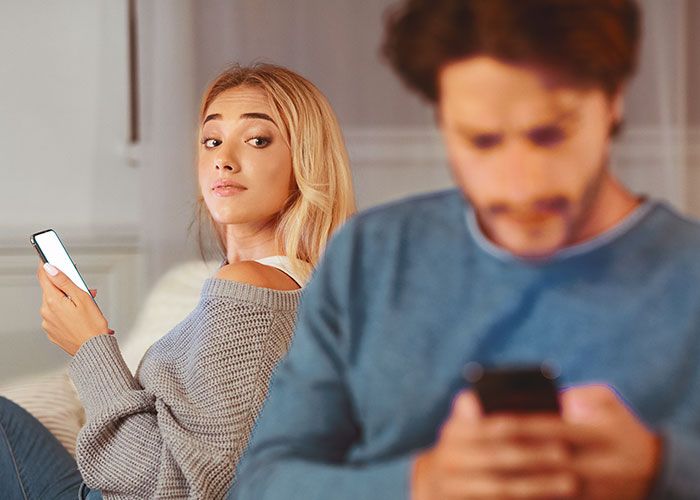
Image credits: EmilyStock / freepik (not the actual photo)
Protecting our phones is crucial because they hold a lot of sensitive personal data, like photos, messages, emails, contacts, financial details, account passwords, etc. If someone with malicious intent gets hold of them, the information can be used for identity theft, financial fraud, or invasion of privacy. Without proper safeguards in place, anyone can be spied on, which can lead to serious repercussions.
Fortunately, there are ways to protect your device and ensure your important data remains secure. It might be obvious, but it all starts with a passcode. You may not suspect it, but phone spying is far more likely to be carried out by people closest to us rather than an anonymous hacker. So if someone other than you knows your passcode, they gain access to your data and leave you vulnerable to phone spying.
Thus, it’s recommended not to share your PIN code with anyone and to change it regularly. In addition, choose a strong passcode of at least six characters that doesn’t include anything too easy to guess, like your birthday. It’s also a good idea to make use of biometric features such as fingerprint or facial recognition, which adds an extra layer of protection. All of this makes it harder for someone to install spyware that can secretly access sensitive information, too.
In general, it’s advisable to share your phone with limits so others don’t have the chance to go through it. Another great tip to protect your personal information from prying eyes is to ‘silence’ your notifications. If one pops up on your screen, it’s hard for someone to resist reading it. To keep them private, iPhone users can go to Settings > Notifications > Show Previews and choose to show them when the phone is unlocked. There’s also an option to restrict some individual apps from showing notifications altogether.
You can find out if someone was using your phone
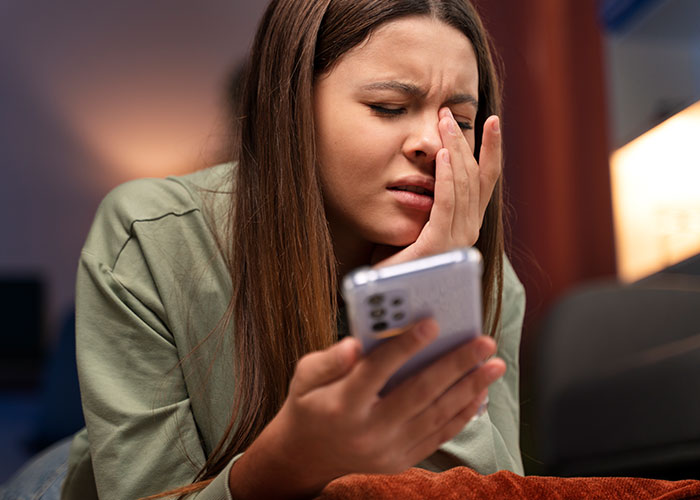
Image credits: freepik (not the actual photo)
But if you have a suspicion that the safeguards you put in place didn’t help, and your phone was spied on, you’ve got a few options on how to find out if someone was using your phone. On an iPhone, go to Settings > Screen Time and tap to See All Activity. There you’ll be able to see what apps were used and for how long. This data can’t be manually altered, so if there are apps you haven’t opened recently in there, it’s pretty certain someone else has.
On an Android, if you go to Settings > Digital Wellbeing and Parental Controls, you’ll see a daily report of which apps have been used. It also shows the notifications received on your phone, so in case there are some that you don’t remember getting, it could be a clue that someone snooped around your device.
The snooper might also have given themselves away by leaving apps they used open. To check this, swipe up from the bottom of your screen. This opens the app carousel showing recently accessed apps in chronological order. If there’s an app you didn’t use, it’s a clear warning sign your phone was pried upon.
In case your device was spied upon, make sure to scan your mobile for spyware apps that could’ve been installed on your phone. For this, you can download apps that do it for you. Lastly, make sure your Google Maps or Apple Find My isn’t sharing your location with other devices, and look for suspicious accounts signed in to your Google Chrome browser app. If you find anything suspicious, sign out and turn them off.
We all have the right to have privacy on our devices, but it’s up to us to protect ourselves from prying eyes poking into our digital lives and personal data.
Readers proposed many interesting theories why the husband snooped around the woman’s phone

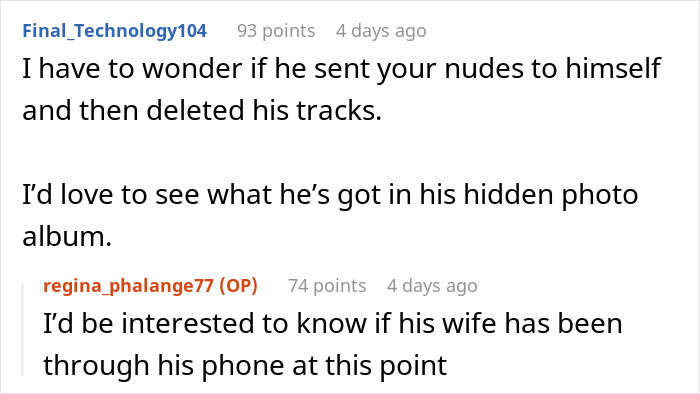
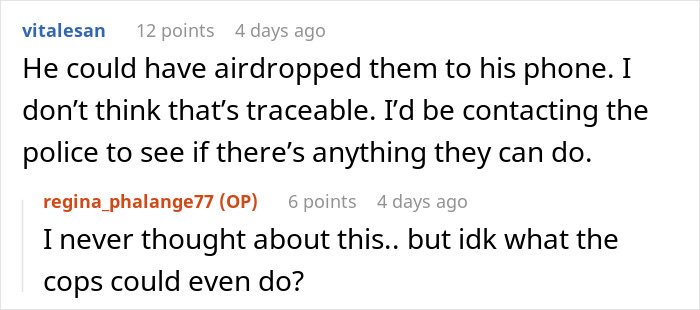

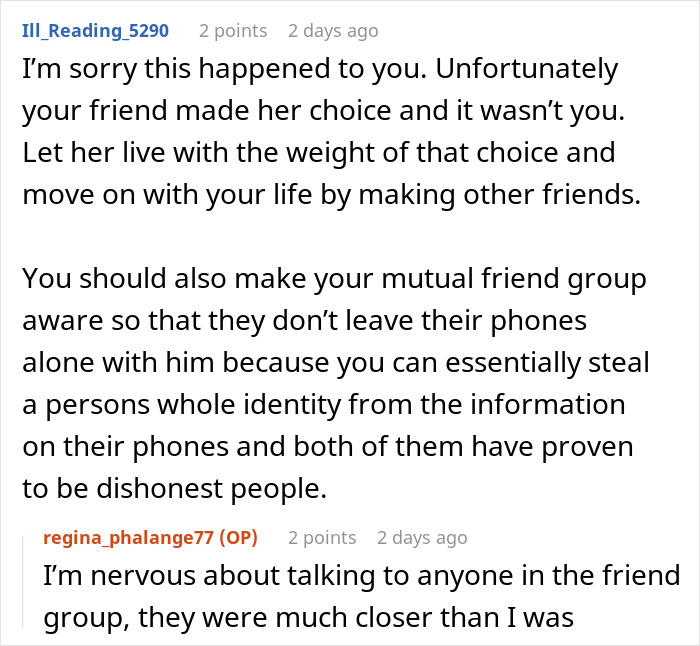
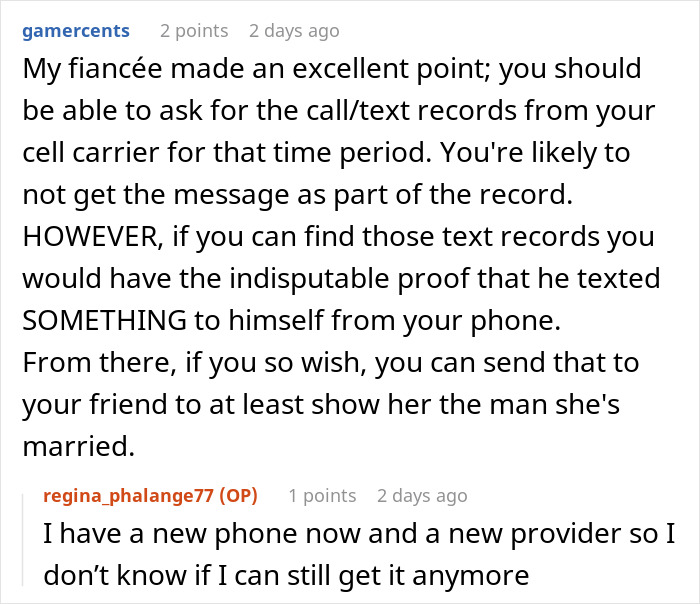


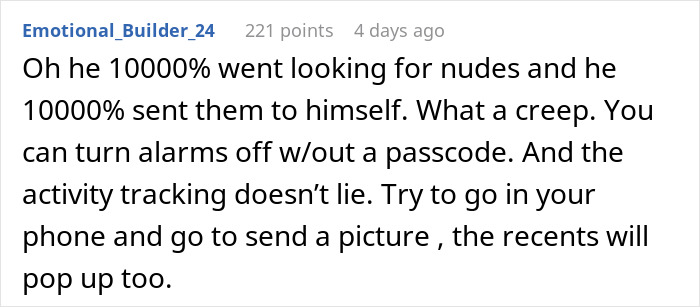


Many also advised to move on and forget the friendship
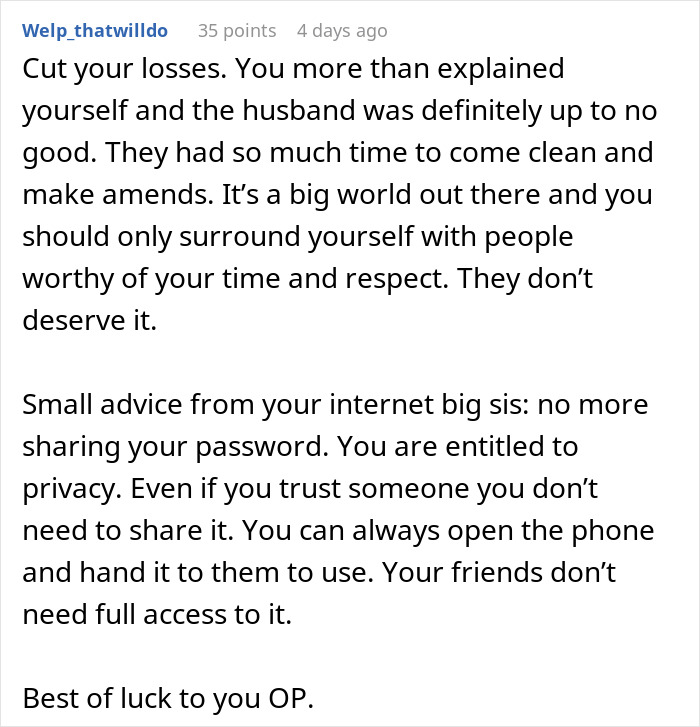

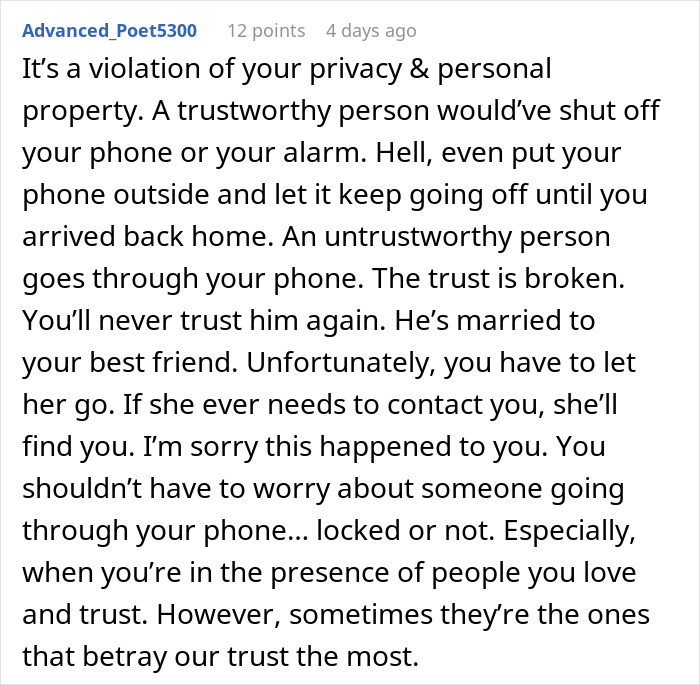

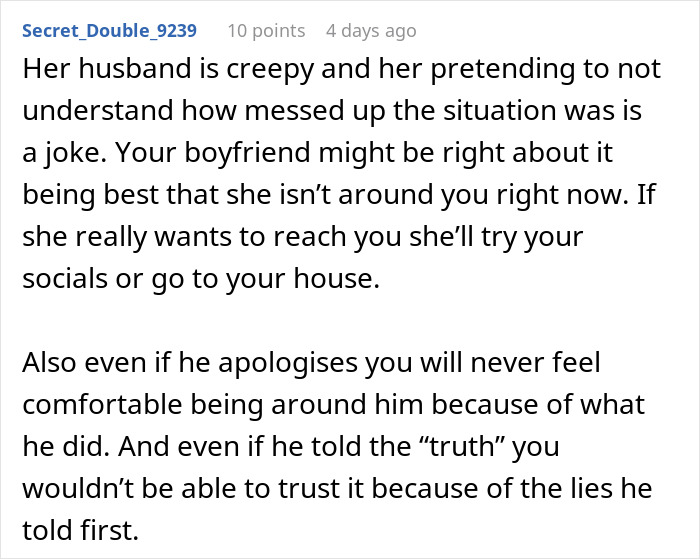


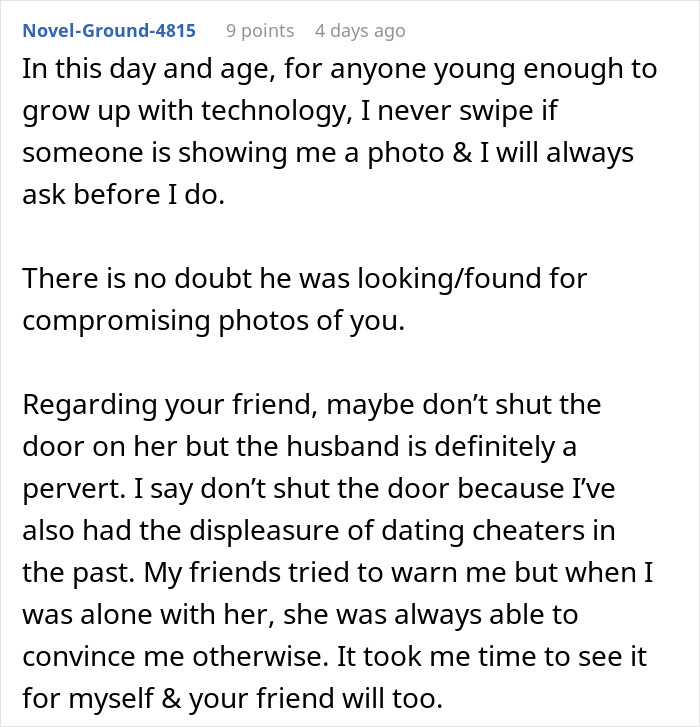
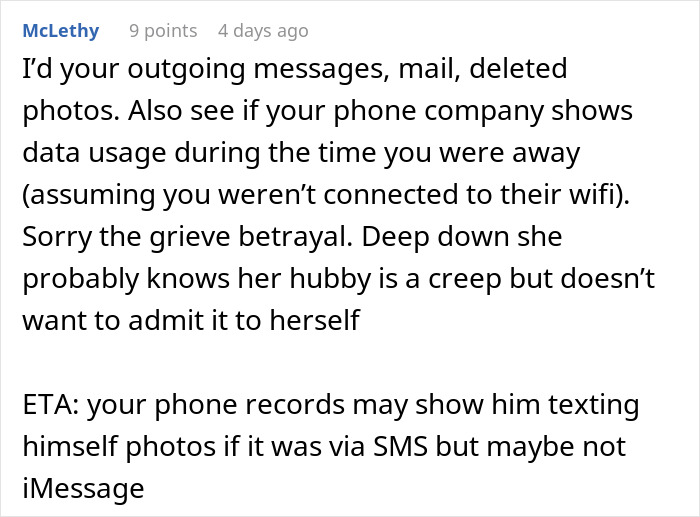
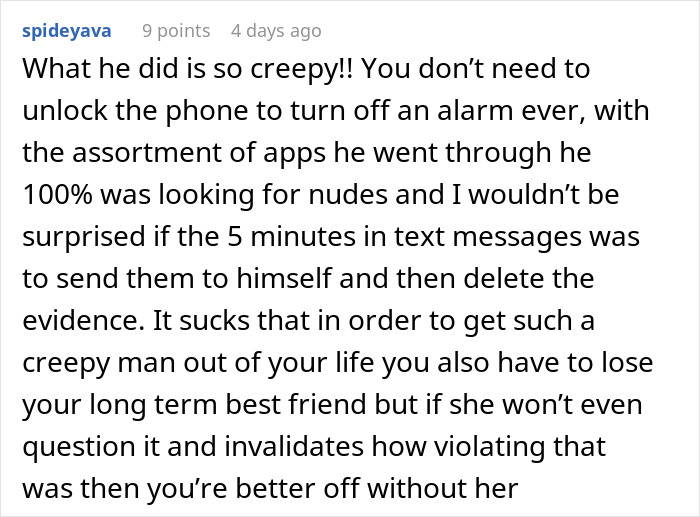

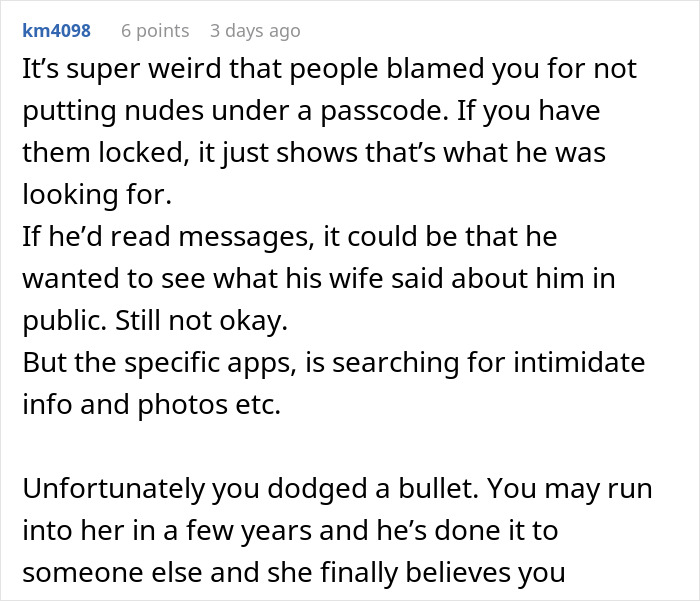



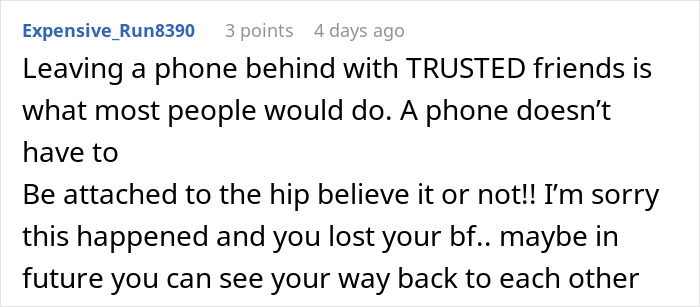
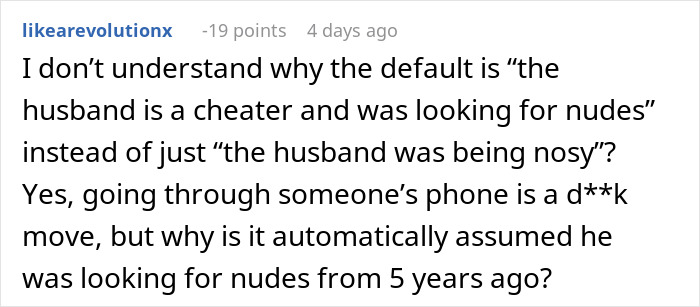
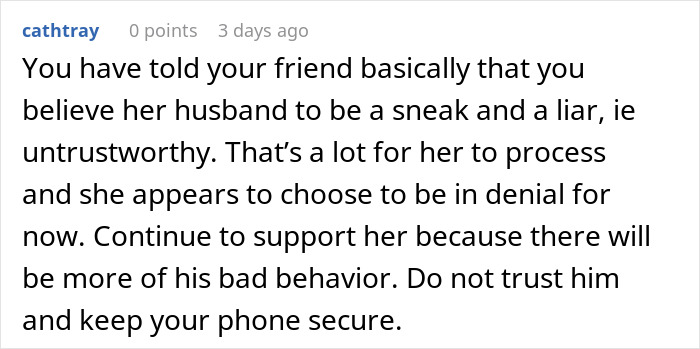

 Follow Us
Follow Us





